Climate Change: Why Small Efforts Are No Longer Enough? – Prof. Chetan Singh Solanki at Samvaad- From Ideas to Impact.
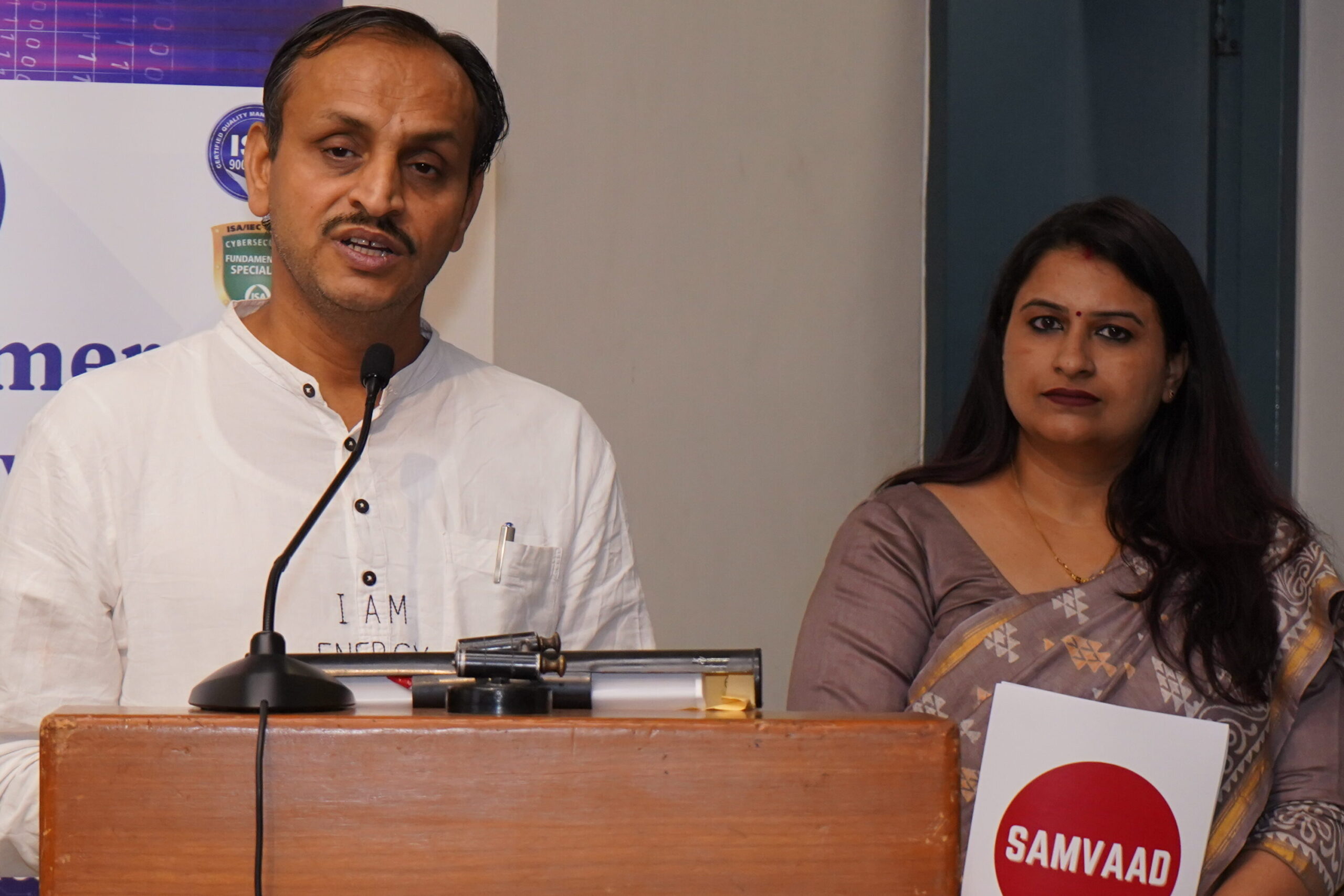
Earlier this year, through Samvaad’s “From Ideas to Impact” platform, we hosted an event on sustainability. The session turned into a deeply thought-provoking experience when our Guest of Honour, Prof. Chetan Singh Solanki, widely known as the Solar Man of India, shared some shocking yet eye-opening truths about the climate crisis.
He said something that struck everyone in the audience: “You can’t treat cancer with paracetamol. Similarly, planting a few trees will not solve climate change.”
This powerful analogy brought home a truth many of us prefer to ignore — the actions we are taking today are simply too small compared to the scale of the problem. Yes, planting trees, switching off lights, or reducing plastic use matters — but these are like drops in the ocean when the ocean itself is on fire.
The Scale of the Climate Emergency
The climate crisis is no longer a distant reality, it is here, now. According to the World Meteorological Organization, the last eight years have been the hottest on record. In India, we’ve witnessed record-breaking heatwaves, untimely rainfall, floods, and crop failures. This is not normal weather fluctuation this is climate change in action.
Our collective carelessness has accelerated this crisis:
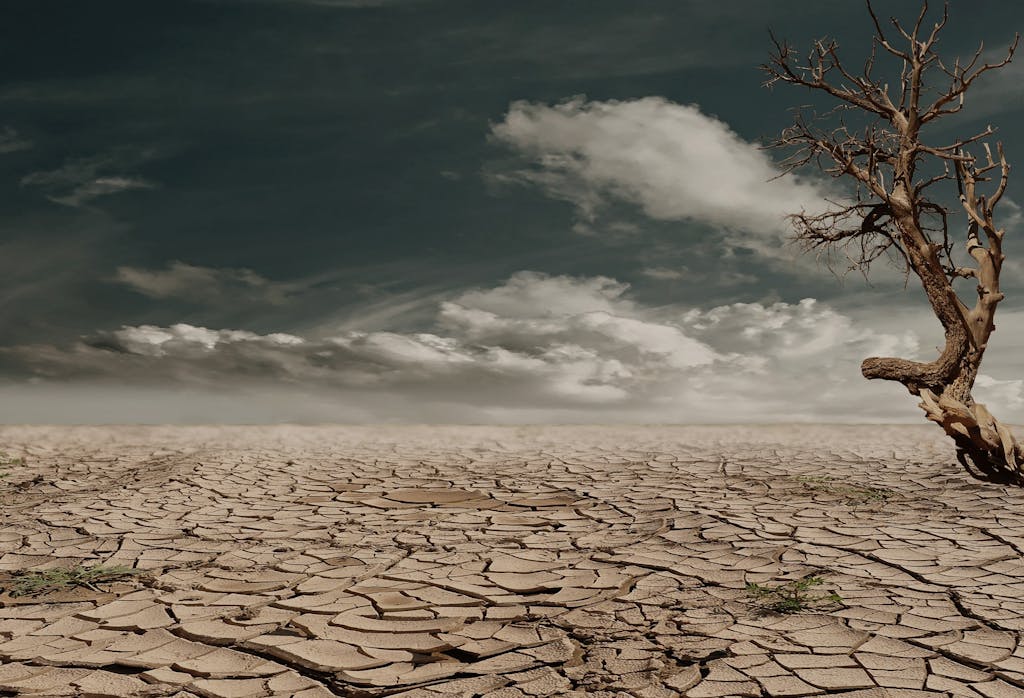
- Overconsumption of resources has pushed the Earth’s ecosystems beyond repair.
- Overproduction and industrial waste are choking our rivers and oceans.
- Landfills are overflowing, and every discarded plastic bag or tissue adds to the wrong side of the balance.
- Carbon emissions from our kitchens, transport, and industries are eating away at the planet’s health.
- Ozone depletion has left us exposed to harmful radiation, further destabilizing ecosystems.
In short, we are consuming, producing, and wasting far more than our planet can handle.
Why Small Efforts Alone Won’t Work
Prof. Solanki’s message was clear: individual actions matter, but they are not enough. This is not to undermine the importance of planting trees, reducing waste, or cycling to work. These steps are essential, but they are not the cure for a disease that has already spread to every organ of our planet.
Just as one would treat cancer with strong, targeted therapies, we need large-scale, forceful, collective action to address climate change. Small, symbolic efforts won’t turn the tide unless governments, industries, and communities align with urgency.
What Needs to Change
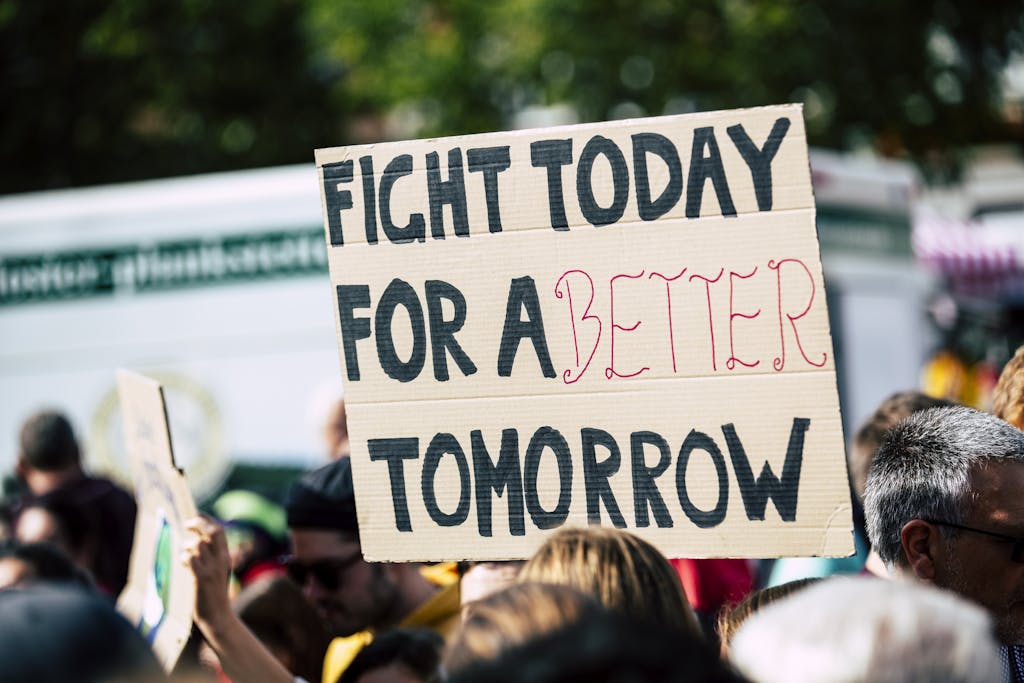
- Energy Transformation: We must shift rapidly from fossil fuels to renewable energy sources like solar and wind. India, with its abundant sunlight, has the potential to become a solar superpower.
- Responsible Production & Consumption: Industries must adopt circular economy models — where waste becomes raw material — instead of the current “produce-use-discard” cycle.
- Policy-Level Action: Governments must enforce stricter climate policies, carbon taxes, and incentives for green practices.
- Behavioral Change: As individuals, we must acknowledge that every choice counts. From the food we eat to the energy we consume, to the waste we generate — our lifestyle decisions have planetary consequences.
- Education & Awareness: Climate literacy should become a part of mainstream education. Children should not only learn about science but also about sustainability, empathy, and responsibility toward the Earth.
A Personal Reflection
As a parent, I often wonder: what kind of Earth are we leaving for our children? If our generation continues to remain passive, there may not be much left to pass on. Prof. Solanki’s words ring in my mind: this is the high time to act with full force.
Samvaad’s platform gave us an opportunity to not just listen but to reflect and question ourselves. The sudden shifts in climate are not accidental, they are the result of years of careless choices. It is time to stop treating symptoms and start addressing the disease.
Conclusion
We can no longer afford complacency. Planting trees, reducing plastic, or saving water are important, but unless we scale our efforts collectively and globally, these will only be band-aids on a deep wound.
If we want to leave behind a livable Earth for our children, the time to act is now, with urgency, with unity, and with vision.
As Prof. Chetan Singh Solanki reminded us, the challenge of climate change is immense, but so is our ability to respond, if only we choose to.
Follow us for more inspiring conten
Saumya D Tewari | 9811901984
Our Channels- samvaadconnect at Instagram, Youtube, LinkedIn
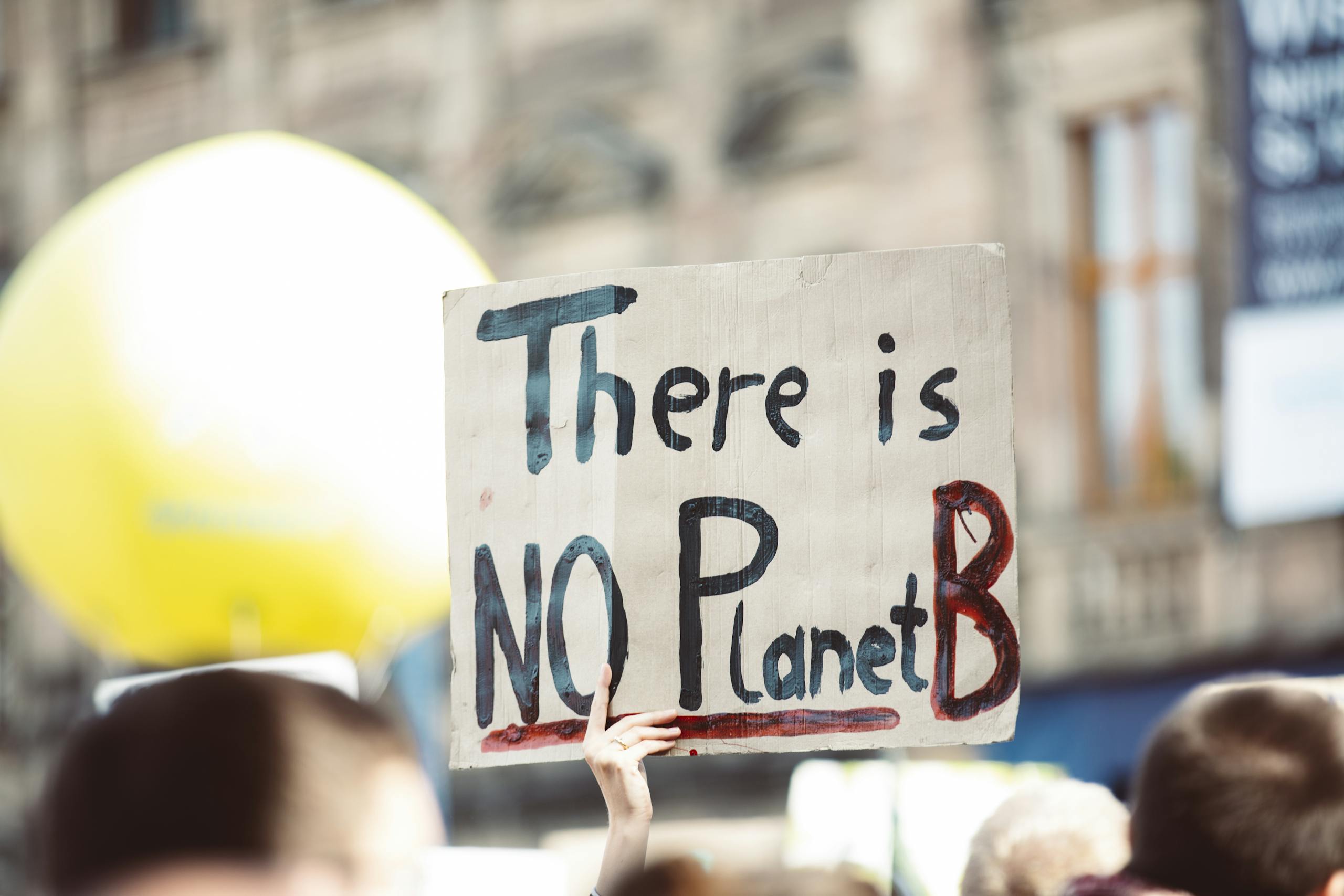

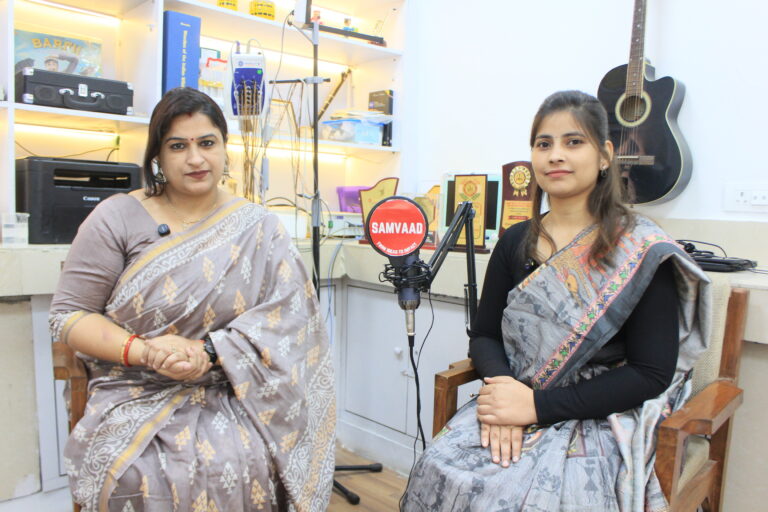
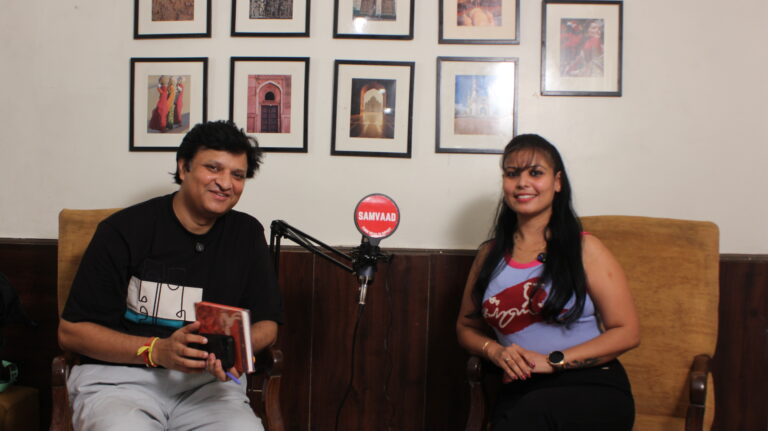
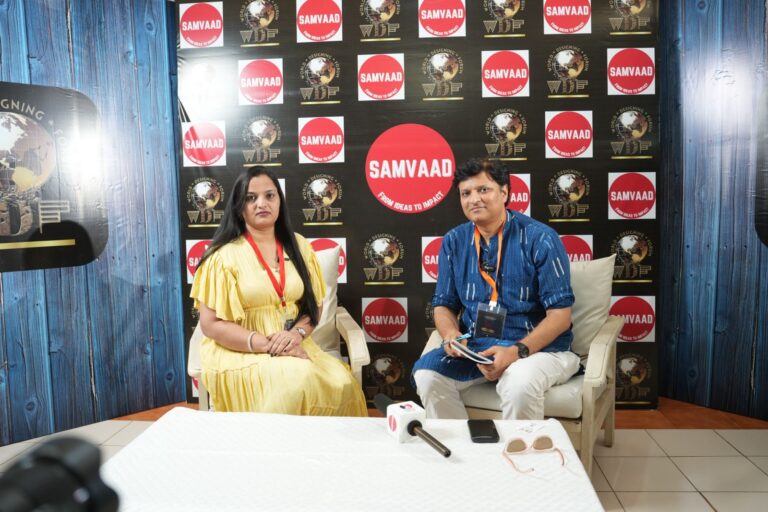
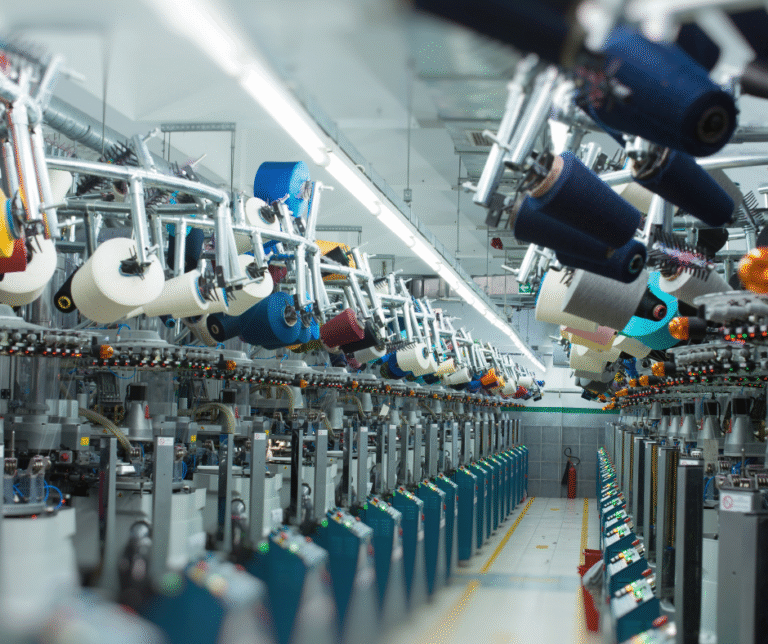
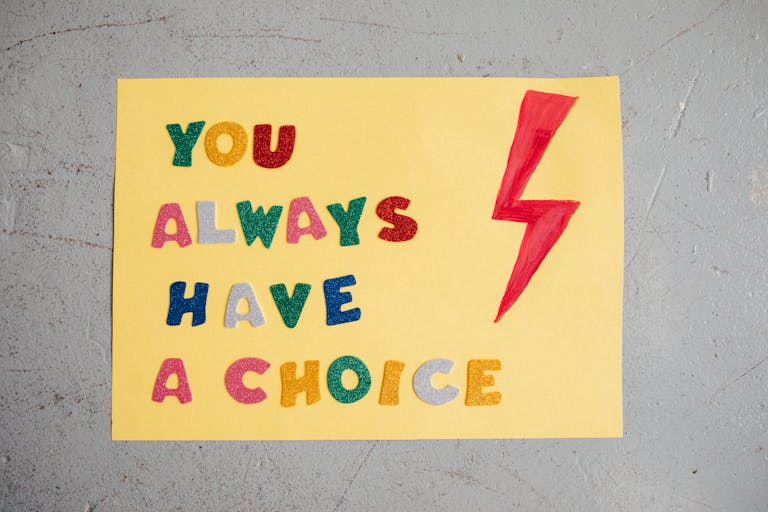
Thank you so much for this wonderful blog, very important information in present world by Prof. Chetan Singh Solanki Sir Solar Man of India.